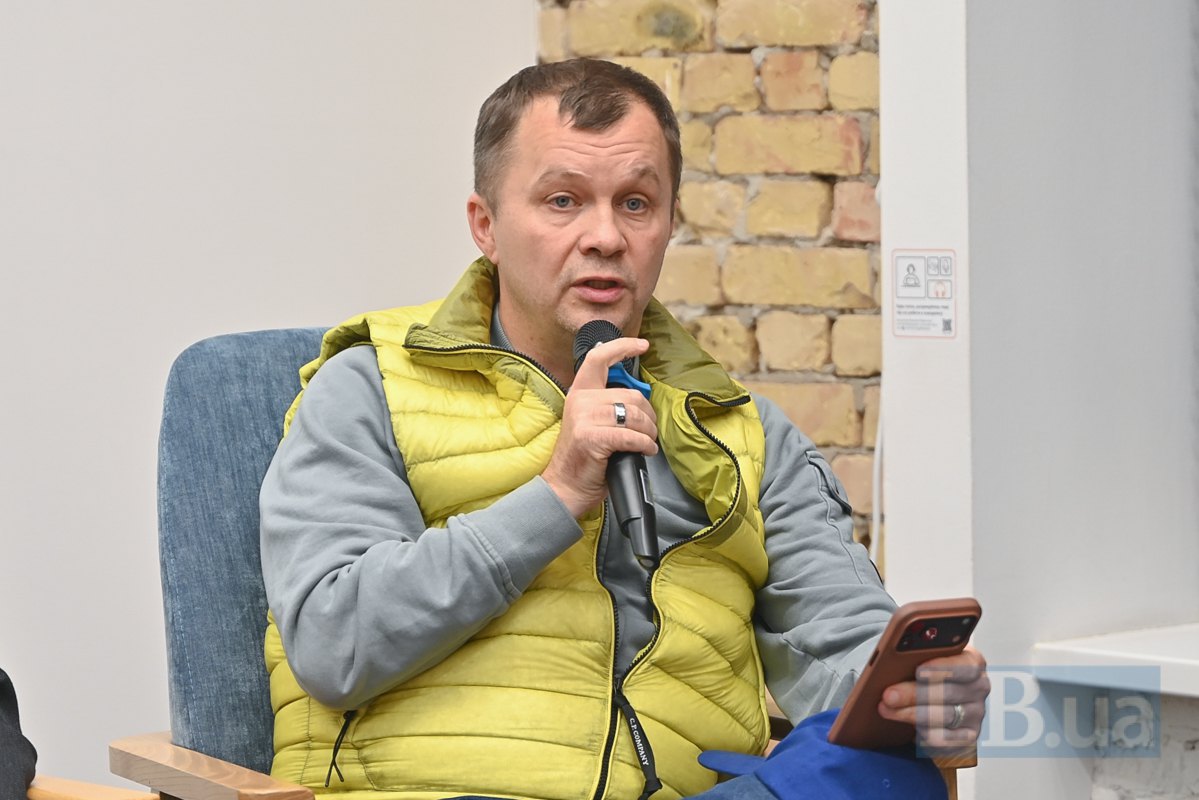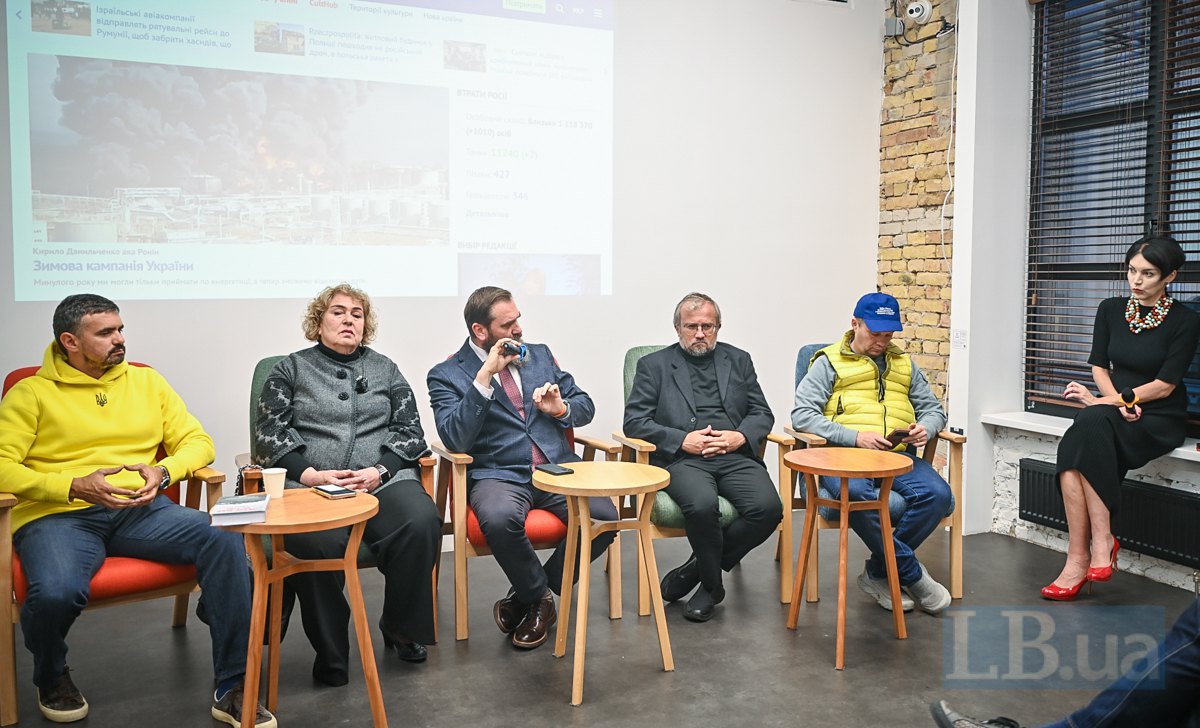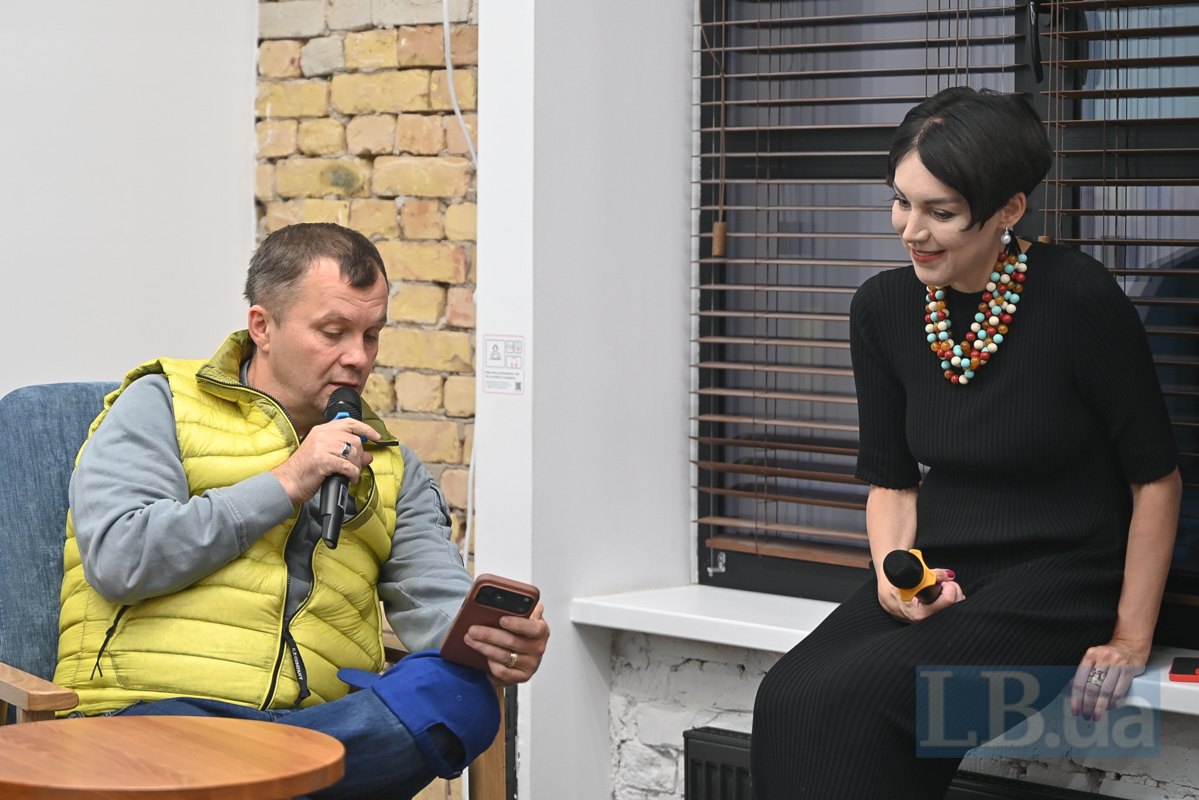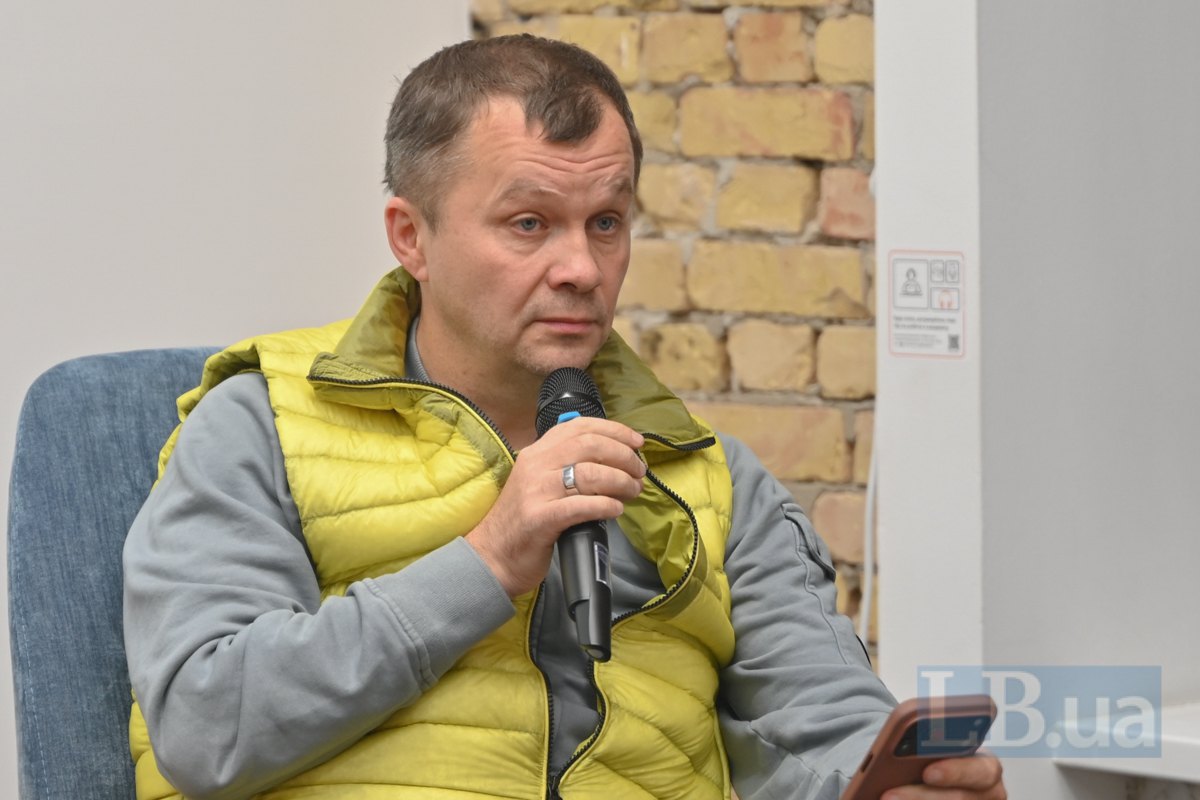
“Since Soviet times, a false belief has persisted that “everyone owes us something.” As a result, some people have become accustomed to inaction, waiting for others to make decisions on their behalf.
For example, the state will come and raise our salaries. We wait and wait and wait, and we resent the state. We expect that the President of Ukraine will somehow magically find more hours in his day to devote to education and science during the war. That a particular lyceum director or university rector will somehow find the resources to renovate laboratories, change workplace culture, and increase salaries. What I want to say about this is that I understand the minister’s responsibility, but the expectation that someone in the education sector owes us something is a deeply dysfunctional attitude rooted in Soviet culture, which prevents us from moving forward," Mylovanov believes.
On the other hand, he adds, the state also creates expectations in people that it cannot fulfil, because during wartime, with possible blackouts and budget deficits, there can be no question of raising those same salaries.
"One plus one always equals two. There is no five there, no matter how you add it up," Mylovanov reminded. Therefore, in his opinion, any expectations of the state formed today are inadequate. To counterbalance them, each person must take responsibility for their own life and start taking action.
"I have a garden where tomatoes grew in October. Everyone laughed when I planted tomatoes in July. They said it was too late and nothing would grow. But I am eating tomatoes in October," the KSE president shared an example from his own life. "The woman who told me that the tomatoes would grow is a botanical garden designer. Before that, she was a scientist. She wrote her dissertation at the V.M. Glushkov Institute of Cybernetics. She devoted most of her life to science and was proud of it. But she found her mission in the fact that, for her specifically, gardening is more important than mathematics. And today she is happier than ever. I think the secret to turning tears into action is to find your mission and carry it out honestly — without waiting for the government, a rector, a donor, a student, or a colleague. Don’t wait, don’t boast, just act."
And it is precisely the fact that action is possible even under the current conditions that the Kyiv School of Economics demonstrates through its experience and results, Mylovanov emphasises. Therefore, he considers the current system of financing higher education institutions based solely on the form of ownership to be unfair and one of the factors that weakens the education system.

"I find it unpleasant and offensive when members of the jury of the next round, which allocates funds, including state or private funds, in which the Kyiv School of Economics participates, say: 'We must support state universities'. This fundamentally offends me because it violates the Constitution of Ukraine and demonstrates the inadequacy of the mentality of certain people. But I am even more offended when this is done by entrepreneurs and business people, rather than officials. When they say that we should support someone not on the basis of what we build best, but on the basis of property rights, relationships or something else," he explained.
Tymofiy Mylovanov considers the virtually unlimited power of rectors to be another problem of modern higher education in Ukraine. Even in the best state universities, there is no structure that could dismiss the rector or quickly evaluate his actions. (At KSE, the rector is appointed by the supervisory board. — Ed.).
"Do you know when a politician has gone bad? When he says in a private conversation that he is fed up with everything here, but 'who else but me'. That's when he already feels like a god. If not me, who will run the city, the parliament, the committee, the country? And some, as they say in the United States, say, 'There have been two attempts on my life, I must be God's chosen one. Not God, but chosen by God, I have my own mission'.
It doesn't depend on the person, it depends on the position. That is why term limits were invented for people in any position of power. We can see what happened to Russia.
A simpler and more concrete example is Biden. Read in Original Sin about how he considered himself the only one who could stop Trump, so he had to run for election. As a result, the Democrats were unable to regroup and put forward a suitable candidate. History shows that good people leave on their own, while bad people do not. Bad people must be restricted," Milovanov noted.
In his opinion, another problem facing Ukrainian universities today is the disconnect between universities and the labour market, at a time when businesses are willing to act as customers from the market and finance the training of specialists.
The KSE president considers the departure of talented young people abroad to be another negative trend. Despite the convictions of the authorities and experts that this is not the case, 60% of participants in international academic competitions, 58 children (mathematicians, chemists, computer scientists) did not enrol in Ukrainian universities, choosing to study abroad, according to statistics announced by Mylovanov. Only 40% (39 people) remained in Ukraine.

Meanwhile, Ukrainian education continues to be burdened by a huge number of universities that have long failed to meet demographic needs. According to the head of the Kyiv School of Economics, some of them should simply be closed down rather than merged. This applies to all forms of ownership, whether state or private.
"The weak ones must be closed. The National Bank closed weak banks in 2014-2016. As a result, we had macroeconomic stability during a full-scale invasion.
But no one dared to close weak universities, so we have a mess with education, and people are leaving. In the end, we are going for a mediocre compromise, trying to merge universities without even closing the ones that should be closed. And still we get protests, still we get pushback, and still we demonise people who are trying to change something," Mylovanov noted.
He cited the example of the successful merger of universities in Germany, which Chancellor Angela Merkel implemented in 2004-2005 in the context of labour market reform.
"Merkel needed to change the level of unemployment and the level of competitiveness of people. The situation was such that, for example, in my field, economics, there were only two decent universities in Germany. The rest were rotten. In 12 years, Merkel managed to bring the number of departments in my field alone up to 12, which is world-class. This is unprecedented.
This was done through consolidation, but not consolidation on Merkel's behalf, but through the creation of inter-university clusters, where the universities themselves (those that wanted to consolidate) came up with joint scientific and educational initiatives and projects, submitted them to the relevant ministry, but the decisions on them were made by international scientific councils, mostly from the diaspora of American scientists," Mylovanov said.
According to the KSE president, the German Ministry of Education had no influence on who should merge with whom. The motivation was funding — those who did not join the clusters had their funding cut by 20-30%.
"And it worked. In 10 years, the number of worthy departments in my field has increased sixfold. The assessment was free. It was conducted by Dirk Bergmann, a leader in my field, a diaspora member, a German who works at Yale. As a reviewer, he decided whether to give money to the University of Cologne or Karlsruhe.
I agree that it's all complicated. But the point is that Merkel's government only designed policy principles and monitored implementation, but did not make decisions internally," Mylovanov emphasised.

Today, Ukraine needs such a reform of higher education, in his opinion, so that universities have a sufficient level to produce "unicorns" — "rare, wild and unique (according to the definition of the president of KSE. — Ed.) people who have expertise in two or three fields and are good managers and leaders." This, he believes, is a critical condition for the existence of Ukrainians as a nation.
"What is happening in Ukraine? People achieve a level of expert in something, some reach a level of administration, God willing, if they are lucky enough to become experts in two fields. But this is almost non-existent. And almost no one is an expert in three or four fields. And this is normal experience of real management with problems, with struggle and leadership, in order to lead people.
That is, the genetic material from which we build people is the same, but the output funnel is much smaller than in some other communities. If we are talking about the survival of the nation, we can count not in terms of the number of individuals, but in terms of the number of people who will pass through this educational, scientific and business funnel. Therefore, universities must become factories for unicorns," Mylovanov noted.
And for this, ten universities will be enough, he believes, not 400.







